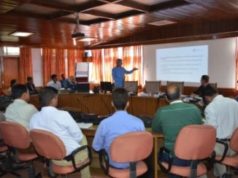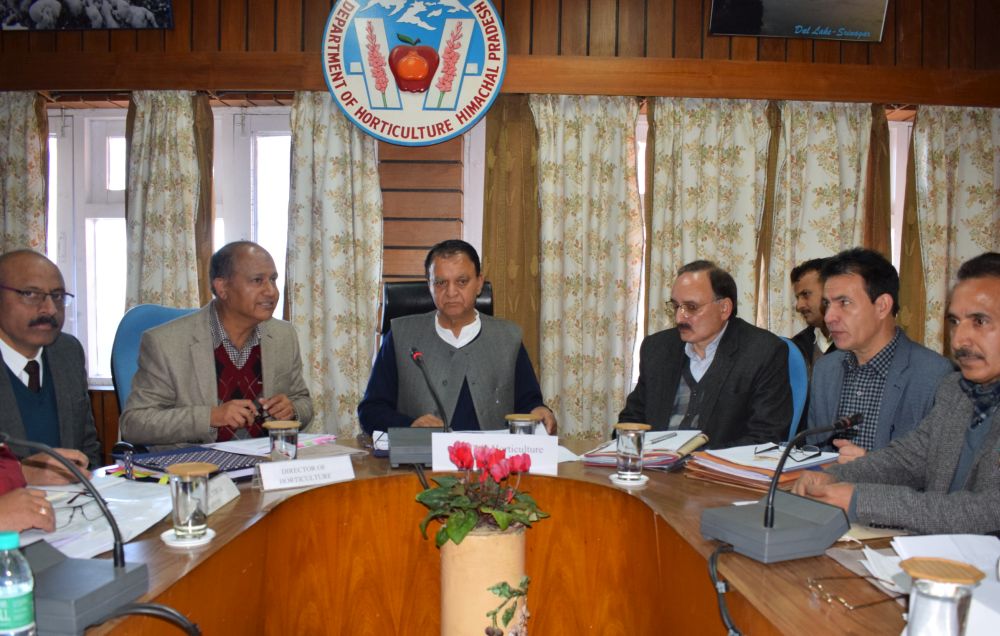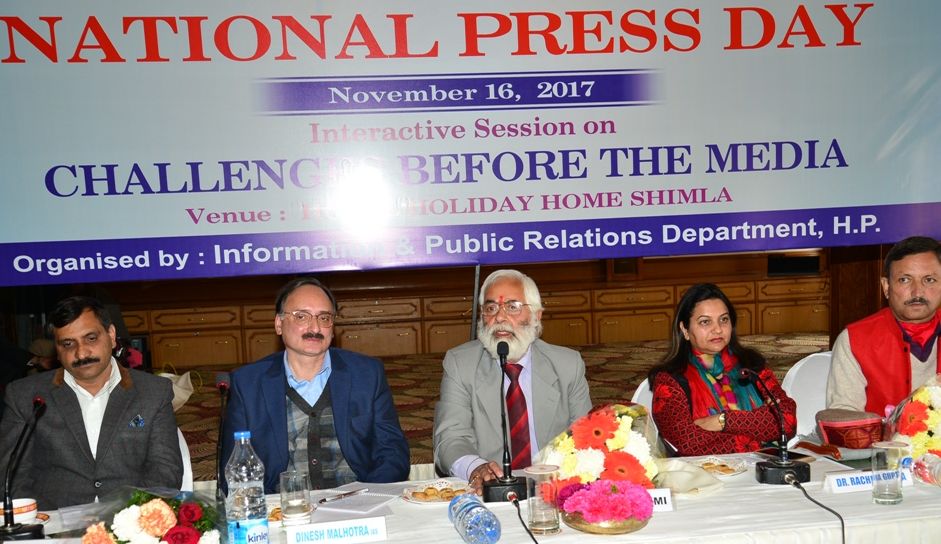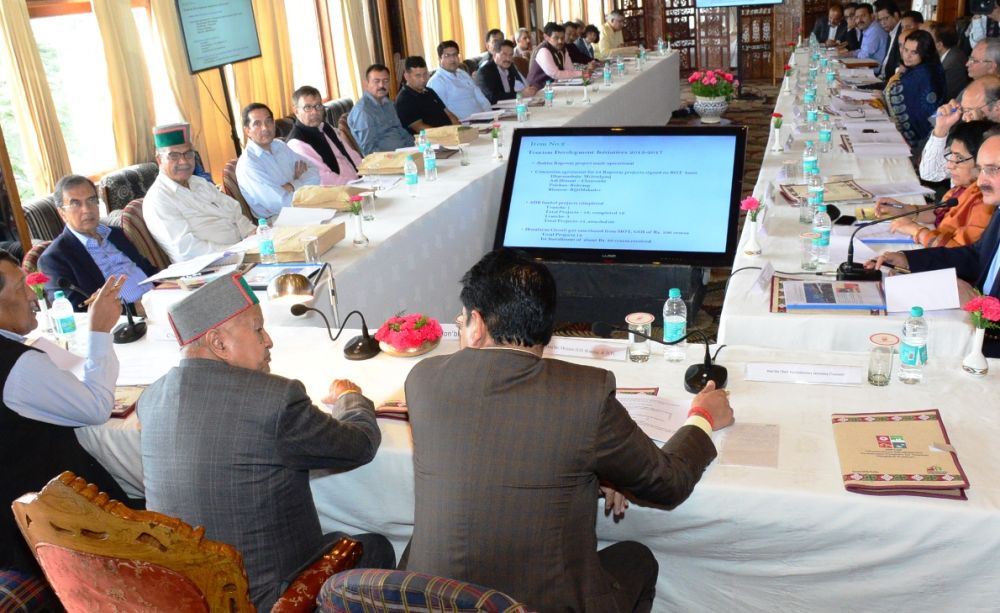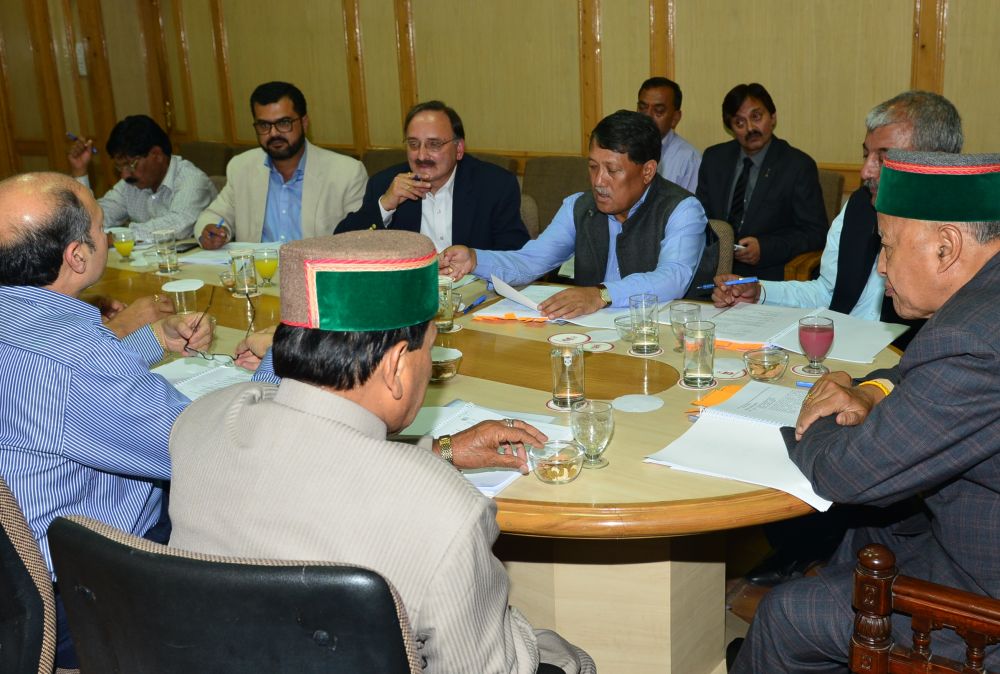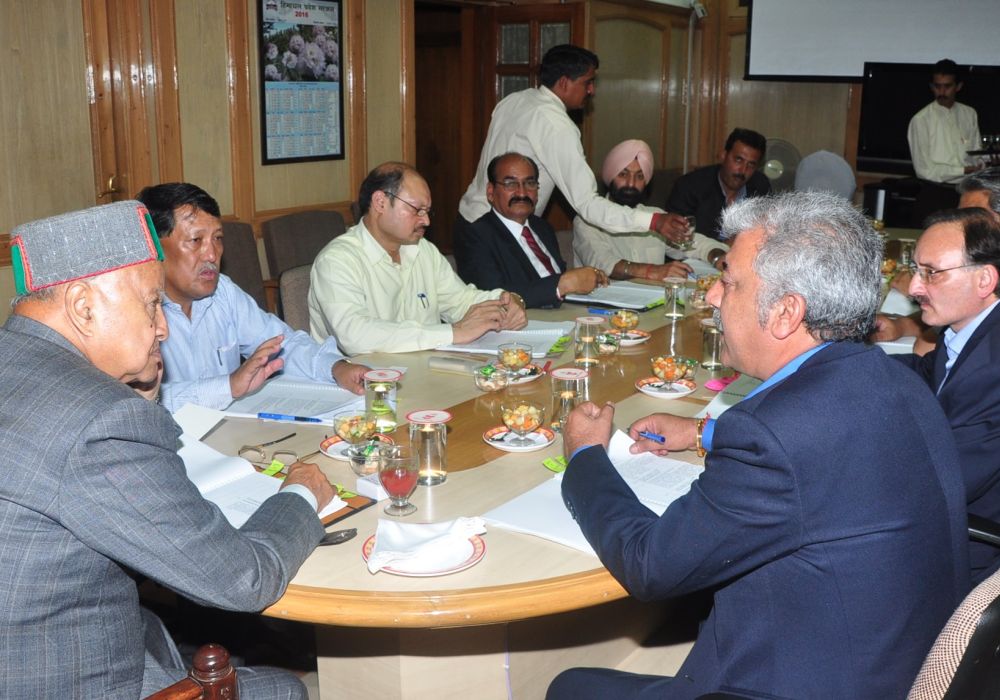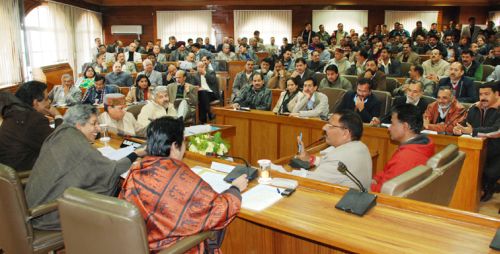Right to Information Act (RTI) is a step towards empowering the citizens of the country for seeking information from public authorities and exercise their ‘right to know’ and make themselves aware of the government working. This was stated by S.S. Parmar, State Information Commissioner in his Keynote address in a day-long seminar on ‘Improving Transparency and Accountability in Government through Effective Implementation of RTI Act, 2005’, at HIPA here today. The seminar was organized by Himachal Pradesh Institute of Public Administration (HIPA) in collaboration with Department of Personnel and Training (DoPT), Government of India.
S.S. Parmar said that the Act has not only provided the citizens to be a part of the governance but has vested repository powers to the ‘Aam Aadmi’. He said that the Government has made mandatory to publish in public interest, the launching of its schemes, policy initiatives etc. so that the citizens may become aware of what is happening around them.
He said that there were certain ‘grey areas’ in the Act which were to be looked into. He said that ‘no right is an absolute right’, every right has to be exercised with reasonable restrictions so as to avoid altercation, preserve sensitive information in the interest of the Nation, optimum use of fiscal resources etc. Citing various examples, he detailed about various aspects of the Act and sought suggestions to deliver the goods.
Principal Secretary, Transport T.G. Negi, delivered Valedictory address on the occasion. Prof. S.L. Goel formerly associated with Indian Institute of Public Administration (IIPA) stressed the need for bringing new changes and improvisation in the Act with the passage of time. He said that suggestions which would pour-in during the deliberations would certainly help to plug-in the grey areas.
Earlier Dinesh Malhotra, Director, HIPA, welcomed the chief guest. He also detailed about the measures being initiated by HIPA to organize such programmes, where academicians and scholars can give their views and suggestions on policy subjects, which further could be incorporated in the policy making. Prof. R.K. Sharma from Punjab University, Prof. S.S. Tiwana, from Punjabi University, Patiala, Prof Shiv Raj Singh, former Dean of Studies HP University, and PIO’s/IO’s, dwelt upon various aspects of RTI Act.


